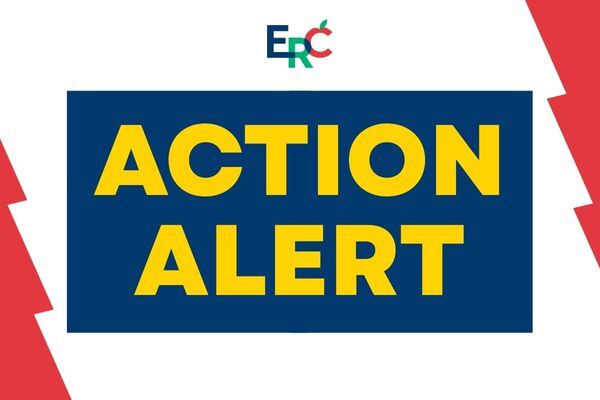ABA publishes article on ERC's innovative model for advocating for juvenile education rights
Children in the juvenile court system often struggle educationally, weighed down by personal burdens and specialized needs. Yet the lawyers and other adults tasked with supporting them are frequently not well-versed in education law or the nuances of obtaining special education services. Written by Lauren Micek Vargas and Elizabeth Eynon-Kokrda, and published by the American Bar Association, this article describes a groundbreaking “limited-representation education counsel” model pioneered by ERC in Nebraska’s separate juvenile courts to address this critical gap.
Purpose:
To show how appointing specialized education attorneys for system-involved youth bridges the gap between schools, families, and courts—ensuring every child’s right to a free, appropriate education is both understood and implemented.
Key Findings:
- Two to three times the need. Children in the welfare or juvenile justice systems are at least twice as likely to have a disability—and those in detention are more than three times as likely—compared with their peers.
- Expert guidance changes outcomes. With education counsel, families gain clear, actionable advice on Individualized Education Programs (IEPs), Section 504 Plans, and related supports.
- Courts and schools collaborate better. Faster reunifications and more satisfactory case closures when education counsel is involved in the case.
“Without [special education supports], a child who starts out with a simple academic challenge can become a child who is disengaged, distracted, truant, or delinquent.”
Why It Matters:
Every child—whether coping with trauma, physical disabilities, or mental-health challenges—has a federally guaranteed right to services that give them the opportunity to thrive in school. When those rights go unclaimed, children can become disengaged, miss out on critical therapies, and often cycle into the juvenile system. By incorporating education advocates directly into juvenile proceedings, ERC’s model empowers families, gives children access to education, and helps courts make fully informed “best interest” decisions.
In short, inviting education law experts to the table doesn’t just protect rights—it changes lives.

